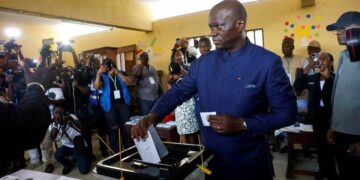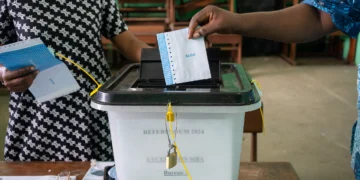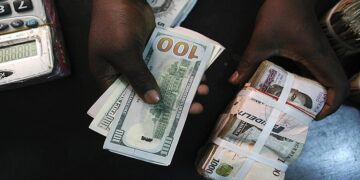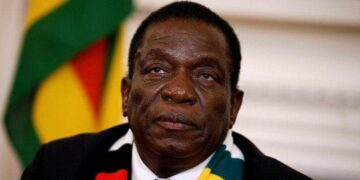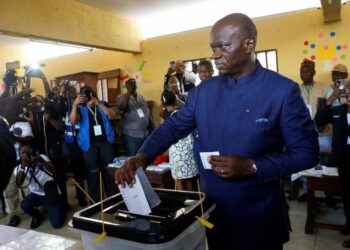By John Ikani
The Central Bank of Nigeria (CBN) has blamed the sharp depreciation of Naira against the United States Dollar on the COVID-19 pandemic, shortage in foreign exchange supply and other factors.
Deputy Governor, Corporate Services Department of the CBN, Mr. Edward Adamu stated this at an interactive session with the House Committee on Finance on the 2022-2024 Medium-Term Expenditure Framework/Fiscal Strategy Paper (MTEF/FSP) on Monday, in Abuja.
According to him, the exchange rate was determined by the forces of demand and supply and that there were the main avenues by which Nigeria got its foreign exchange.
Adamu said the COVID-19 pandemic had a devastating effect on the country’s economy and reduced the availability of foreign exchange.
The apex bank deputy governor further explained that crude oil sales, which is the major source of forex for the country, dropped drastically last year.
What the CBN is saying
“We have proceeds from the sale of crude oil, we have foreign portfolio inflows and remittances; those are the three major ways that we get forex.
“Crude oil sale has not been as high as we all will want it to be and obviously in the aftermath of COVID-19, the global economy grounded to a halt and the use of crude oil was also halted.
“To the extent that sometimes in April last year, we had crude oil selling at a negative, which means that people were being paid to store what they bought and so that the avenue for forex inflows was significantly reduced.
“You go on to foreign portfolio inflows, you notice that investors also settled their affairs on the side of caution and so, once COVID-19 outbreak occurred, they moved out about $120 billion dollars from emerging markets to safe havens in America and Nigeria is one of those countries from where monies were withdrawn.
“On the side of remittances, once our brothers and sisters abroad were not working because of the situation they found themselves; they had very little to send to us here and so, we also saw remittances reduced.
“On the demand side, we saw speculative demand on the side of Nigerians, if you needed a truck of goods, because you are not sure of the uncertainties of COVID, you wanted to get three trucks.
“All these pressures on both the demand and supply side, the availability of dollar became more difficult and we had a decline or depreciation in the value of the naira,” he said.







